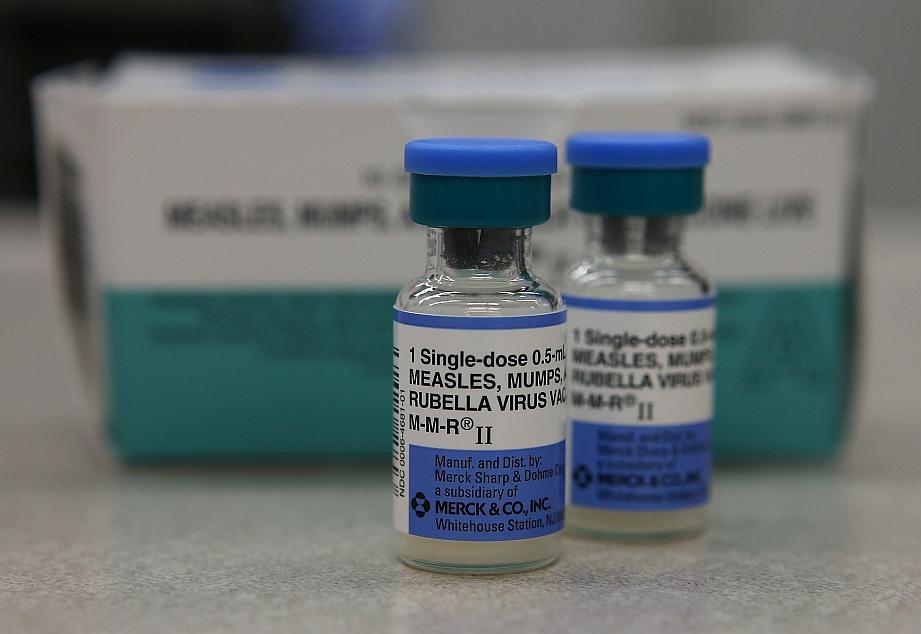Lawmakers in California are aiming to make vaccines mandatory, ending the “personal belief” exemptions.
The two lawmakers appear to be responding to a measles outbreak that has sickened more than 100 people in recent weeks. California state Senators Ben Allen and Richard Pan, who is also a pediatrician, announced the legislation on Wednesday. Under the legislation, cases where the child’s health is endangered would be exempt.
“As a pediatrician, I’ve been worried about the anti-vaccination trend for a long time,” Dr. Richard Pan, a State Senator representing Sacramento, said in a statement. “I’ve personally witnessed the suffering caused by these preventable diseases and I am very grateful to the many parents that are now speaking up and letting us know that our current laws don’t protect their kids.”
The debate over vaccines has extended into the 2016 presidential race, with Republican Sen. Rand Paul and New Jersey Gov. Chris Christie making comments that vaccines should be up to the parents. Christie later clarified his stance, saying that kids should get the measles shot.
One question that’s being asked is if all vaccines are “created equal.”
“The clinical impact varies and the context of mandates varies. Measles is highly contagious. The measles vaccine’s role in early education suggests prevention of infection and possible death among legions of kids. The same could be said for meningitis vaccine in college students,” Dr. Antonio Pizarro, a board-certified gynecologic surgeon, commented via email.
Currently, 32 states bar parents from opting out of vaccinations based on personal beliefs.
California’s Sen. Allen said the large number of unvaccinated children is “jeopardizing public health not only in schools but in the broader community.”
California public health officials said that more than 92 people have been diagnosed with measles. More than a dozen other cases have been confirmed in 19 other states, including New York.
Parents cite a variety of reasons for not immunizing their children: religious values, concerns the shots could cause illness, and a belief that allowing children to get sick helps them to build a stronger immune system.
The American Academy of Pediatrics says doctors should bring up the importance of vaccinations during visits, but should respect a parent’s wishes unless there’s a significant risk to the child.
The California bill is also backed by Democratic Assemblywoman Lorena Gonzalez and Democratic Sen. Ben Allen, a former Santa Monica school board member.
Separately on Wednesday, U.S. Sens. Barbara Boxer and Dianne Feinstein called on California’s top health official to reconsider the state’s policy on vaccine exemptions in light of the measles outbreak.
“We believe there should be no such thing as a philosophical or personal belief exemption, since everyone uses public spaces,” the Democratic senators wrote in an open letter.
The Associated Press contributed to this report.





